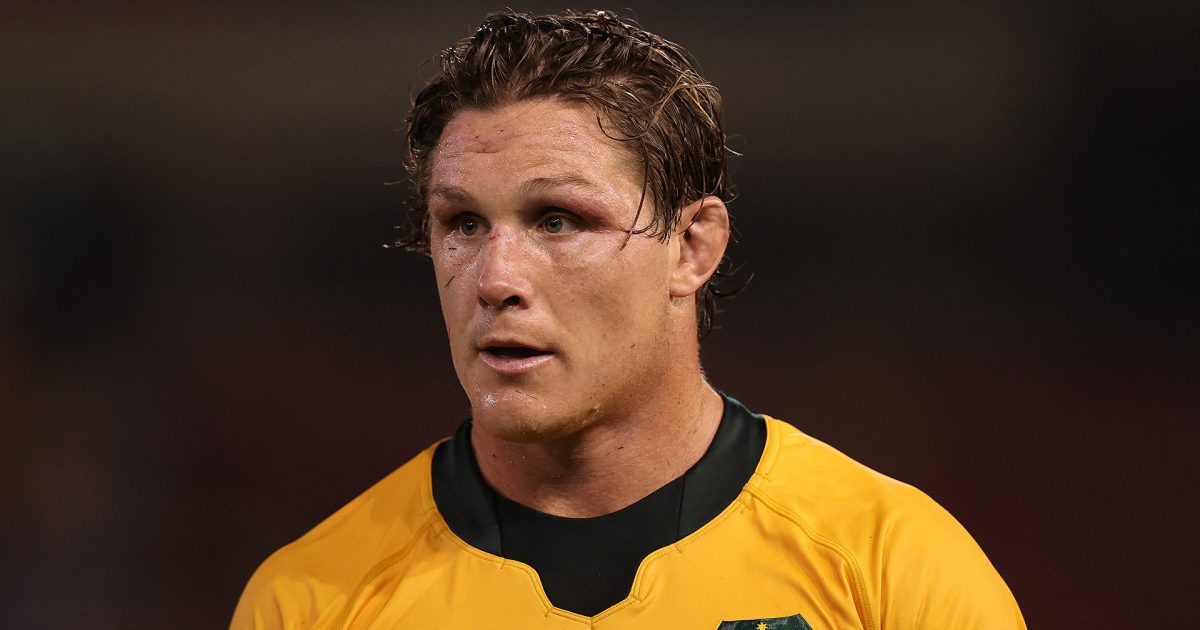Michael Hooper wins John Eales Medal as best Wallabies player in 2020

Michael Hooper won a third John Eales Medal to finish the international season, in which he had his captaincy questioned, on a high.
The Wallabies skipper added to his 2013 and 2016 honours by claiming the player-voted MVP honour narrowly ahead of last year’s medallist Marika Koroibete.
The COVID-19 shortened test calendar produced just one win and three draws from six tests under new coach Dave Rennie, who had backed incumbent Hooper to continue in the role he held under Michael Cheika.
Hooper, who turned 29 in October, became the youngest player to notch 100 test caps in the process.
But the flanker was forced to defend his tactics and leadership as consistency of performances again alluded the Wallabies.
His teammates showed their faith though, Hooper polling 91 votes to pip winger Koroibete (88) with veteran prop James Slipper (79), halfback Nic White (61) and utility back Reece Hodge (56) rounding out the top five.
Taniela Tupou won the Super Rugby AU player of the year while his Queensland and Wallabies teammate Harry Wilson claimed Rugby Australia’s rookie of the year as part of a week-long roll-out of awards.
“Michael is an incredible rugby player, an outstanding captain and an excellent leader on-and-off the field,” RA boss Rob Clarke said.
“The way he conducts himself is a credit to him and the values he lives his life by, and we congratulate him on his achievement.
“All our winners thoroughly deserve the accolades in what has been a challenging 2020.”
RUGBY AUSTRALIA AWARDS
* Women’s Sevens Player of the Year: Sharni Williams
* Men’s Sevens Player of the Year: Nick Malouf
* Super W Player of the year: Ema Masi
* Super Rugby AU Player of the Year: Taniela Tupou
* Referee of the Year: Amy Perrett
* Rookie of the year: Harry Wilson
* Spirit of Rugby Award: Garry Quinlivan
* John Eales Medal: Michael Hooper
















